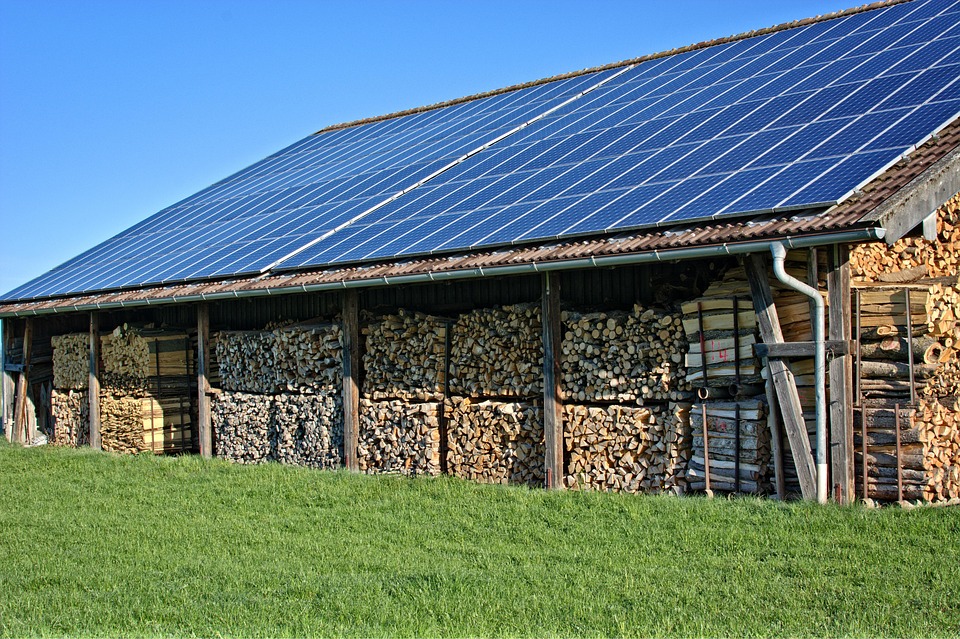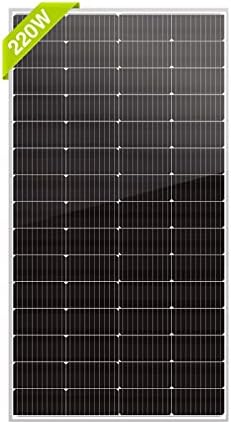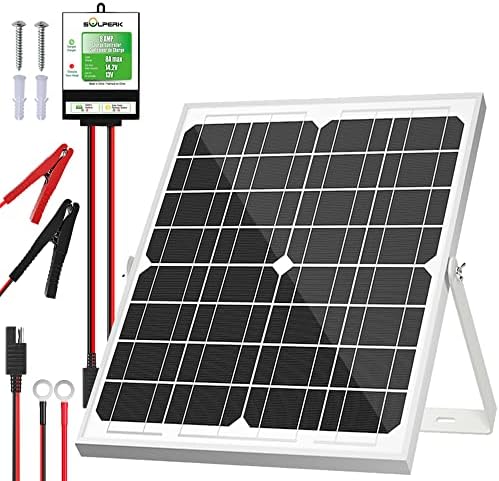# Breaking Free from the Grid: The Rise of Off-Grid Solar Systems
When I took my first leap into the wilderness, laptop in one hand and a solar panel in the other, I knew I was embarking on something transformative. The sun was setting behind the trees, and the soft hues of orange and pink danced across the sky. My makeshift cabin, equipped with a modest solar panel, wasn’t just a home; it was a statement. I had finally broken free from societal constraints, and in that moment, I felt empowered—like I had unlocked a hidden potential within. Suddenly, a world of possibilities opened up, all powered by renewable energy. This experience led me down the enlightening path of off-grid living—a growing movement that is capturing the imaginations of many.
## The Off-Grid Lifestyle: More Than Just a Trend
The off-grid lifestyle is gaining traction across the globe, driven by a desire for independence and sustainability. Many individuals and families are trading conventional living for life powered by the sun. The allure of off-grid living lies in its promise of self-sufficiency, a reduced carbon footprint, and an intimate connection with nature. The numbers speak for themselves: reports indicate a consistent rise in sales of off-grid solar systems, with the market expected to grow exponentially in the coming decade.
### What is Off-Grid Living?
Off-grid living refers to a lifestyle where homes are not connected to public utilities, including the electricity grid. Instead, these households rely on alternative sources of energy, such as solar, wind, or hydro power. Living off the grid encourages a deep-rooted relationship with nature, as occupants often engage in practices that are sustainable and environmentally friendly.
### Why Choose Solar?
Solar energy is at the forefront of renewable energy solutions, and for good reason. Installing solar panels enables households to harness energy from the sun, effectively reducing or eliminating their dependence on the grid. Some compelling benefits of off-grid solar systems include:
– **Cost Savings**: While the upfront cost of solar panels can appear daunting, the long-term savings are significant. By generating your own electricity, you reduce or eliminate monthly utility bills.
– **Energy Independence**: By relying on solar, you’re less vulnerable to rising energy prices, blackouts, or natural disasters disrupting the grid.
– **Environmental Impact**: Solar energy is clean, renewable, and sustainable. By choosing this path, you contribute to reducing greenhouse gas emissions and take a stand against climate change.
### The Components of an Off-Grid Solar System
To successfully harness solar energy, a well-designed off-grid solar system typically includes the following components:
1. **Solar Panels**: The workhorses of the system, solar panels convert sunlight into electricity. The number of panels you’ll need depends on your energy requirements.
2. **Batteries**: Since solar energy generation varies throughout the day, batteries store surplus energy for use when the sun isn’t shining.
3. **Inverters**: These devices convert DC (direct current) electricity generated by solar panels into AC (alternating current), making it usable for everyday appliances.
4. **Charge Controllers**: Essential for protecting your batteries from overcharging, these devices regulate the voltage and current coming from your solar panels.
### Taking the Leap: Getting Started with Solar
Venturing into the world of off-grid solar living may feel overwhelming, but with the right preparation, it can be a rewarding journey. Here are some practical steps to ease your transition:
#### 1. Assess Your Energy Needs
Understanding your energy consumption is the first step toward an efficient solar setup. Take inventory of your appliances, lighting, and electronic devices. Calculate your total energy requirements, usually expressed in kilowatt-hours (kWh).
#### 2. Choose the Right Location
Your solar panels need to bask in sunlight to generate power effectively. Evaluate potential installation sites for maximum sun exposure. Factors such as shading from trees or buildings can significantly impact your energy production.
#### 3. Select Quality Equipment
Investing in high-quality solar panels and components is essential. Look for reputable manufacturers and read customer reviews. While cheaper options may seem tempting, durability and efficiency are paramount.
#### 4. Consider Professional Installation
For those less technically inclined, hiring a professional installer can save time and ensure that your system is configured correctly.
### Pro Tips for Off-Grid Solar Success
1. **Stay Flexible**: As you live off the grid, your energy needs may evolve. Be open to adjusting your system by adding panels or upgrading batteries as your lifestyle changes.
2. **Monitor Your Consumption**: Keep an eye on your energy usage to make efficient choices. Simple changes, like switching to LED bulbs, can make a significant difference.
3. **Embrace Minimalism**: Off-grid living is an excellent opportunity to declutter and prioritize what truly matters. Use this lifestyle shift to focus on experiences rather than material possessions.
4. **Educate Yourself**: The more you know about solar energy and off-grid systems, the better equipped you’ll be to make informed decisions. There are countless resources online, workshops, and communities dedicated to this movement.
### Community and Connection
One of the most enriching aspects of off-grid living is the sense of community. Many off-grid enthusiasts choose to share their experiences, whether through social media, blogs, or local meetups. Engaging with like-minded individuals cultivates a support system and sparks inspiration. From shared tips on solar efficiency to exchanging handmade goods, this community can be a treasure trove of information and connection.
### Challenges of Off-Grid Living
While the benefits of living off the grid are compelling, it’s essential to acknowledge the challenges. Limited access to utilities can necessitate a lifestyle adjustment. Here are a few common hurdles:
– **Initial Investment**: The upfront cost of solar installation can be significant.
– **Battery Maintenance**: Keeping your batteries in good condition requires knowledge and diligence.
– **Limited Connectivity**: Internet access might not be reliable, which can be a concern for those working remotely.
Nonetheless, many find that the rewards outweigh the challenges, leading to a fulfilling and liberated way of life.
### The Future of Off-Grid Solar Systems
As technology advances, the future of off-grid solar living looks bright. Emerging innovations—such as solar shingles and advanced battery storage solutions—are making it easier and more efficient to live off the grid. Furthermore, as more individuals embrace sustainability, support for off-grid communities is on the rise. Local governments and organizations are increasingly offering incentives, grants, and support networks for those looking to make the transition.
### Conclusion
Breaking free from the grid is more than just a choice; it’s a lifestyle that empowers individuals to take control of their energy and, ultimately, their futures. With solar energy at the heart of this movement, the opportunities for self-sufficiency, sustainability, and connection with nature are boundless. By taking the plunge into off-grid living, you join a growing community dedicated to creating a brighter, more independent world—one solar panel at a time.
As you embark on your own journey toward energy independence, remember that every step counts, and the sun is always shining, waiting for you to harness its potential. Let the warmth of the sun guide you on this exciting adventure, leading you toward a sustainable and liberated lifestyle.



